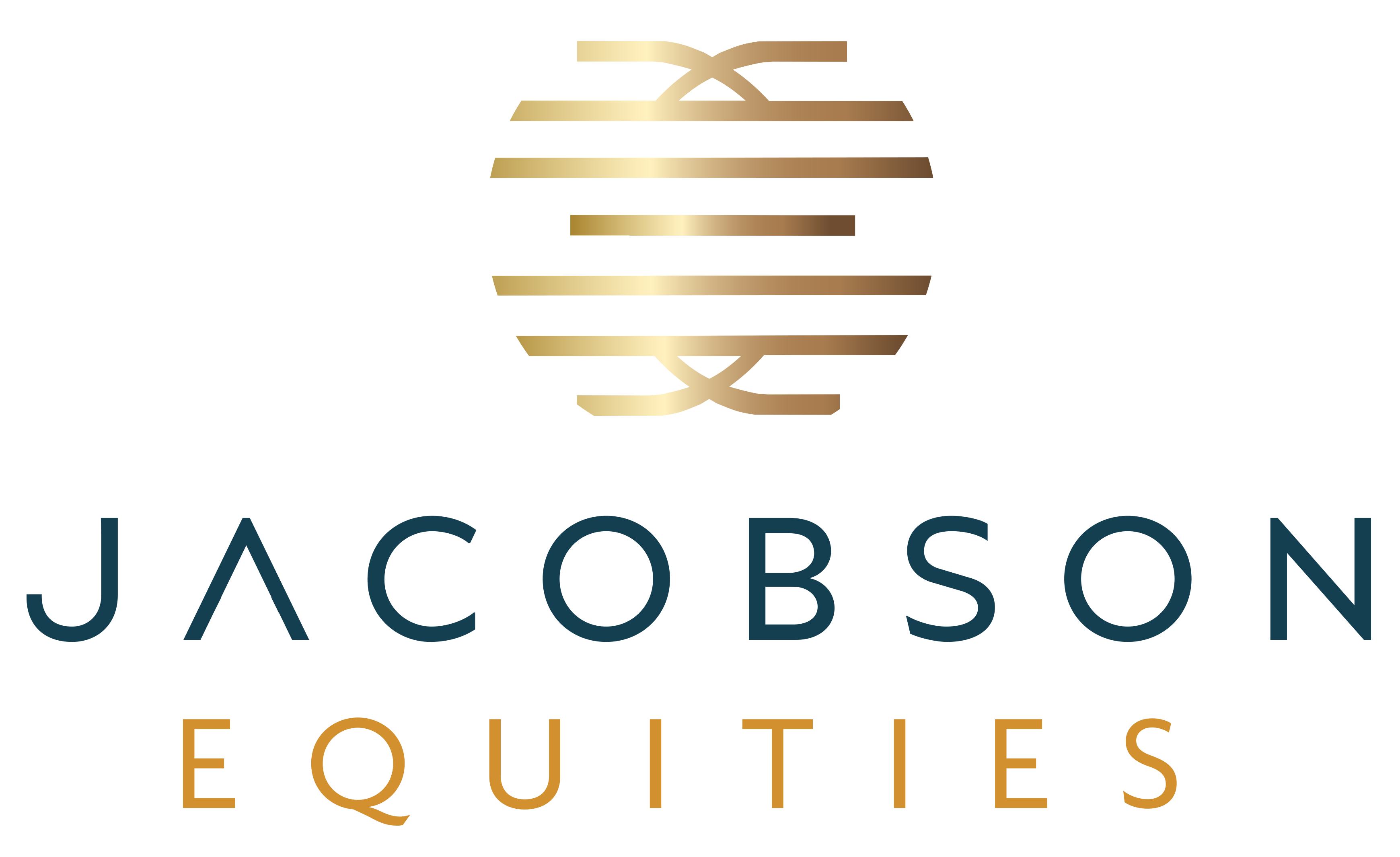For those looking to build their wealth through investment, it can be tempting to stick to traditional and highly regulated investment types such as stocks and bonds.
While these avenues can be lucrative options that help individuals understand investing and discover their personal risk tolerance, it is important for more sophisticated investors to also diversify with alternative investments— which can encompass hedge funds, private equity, natural resources, real estate, collectibles, and infrastructure—over the long term.
Alternative investments can act as supplemental strategies to traditional positions that offer a wider range of risk profiles and opportunities for more active investment, if desired.
During these precarious times, with the economic volatility caused by the pandemic, inflation, and geopolitical conflicts spurred by an increasingly multipolar world, alternative investments like real estate can provide more stability and security than simply sticking with traditional investments.
Alternative investments such as commercial real estate harness the power to:
- Diversify portfolios
The timeless axiom and piece of basic investment advice suggesting “Don’t put all your eggs in one basket” warns against the mindset of risking everything you have on the success of one venture. This proverb can be utilized when looking at the importance of portfolio diversification.
By investing across asset classes, both traditional and alternative investments, investors can mitigate their portfolio’s overall risk and ultimately experience a higher, risk-adjusted return for the portfolio.
- Hedge against inflation
Inflation is typically a natural occurrence in the economy. Now, of course, we are in a period of idiosyncratically high inflation that is impacting consumers and investors alike. That said, sophisticated investors can prepare for inflation by investing in asset classes that outperform the market during inflationary climates. Historically, real estate has generated better returns than stocks and bonds during inflationary periods. High inflation is widely recognized as unfavorable for bond investments because rising prices tend to erode a bond’s potential purchasing power, which is typically earned at a fixed rate. With stocks, value stocks may perform well during periods of high inflation, however, overall, stocks are more volatile when inflation is elevated.
For instance, through investing in real estate for the long term, investors can leverage inflation by having their capital in an appreciating asset, as well as benefit from the limited housing supply and rising rental rates. Most real estate investors can expect some level of appreciation, particularly if they buy and hold for an extended period. Buying in markets with a record of appreciating values can also add an additional element of stability.
3. Reduce volatility
With traditional public investments, the share price fluctuates based on a variety of external factors, usually outside the scope of personal control. The current war in Ukraine is an example of an exogenous event impacting investors’ stock performance. Alternative investments however tend to demonstrate a steadfast performance regardless of the morning market report. In turn, investors avoid much of the unexpected volatility of public investments.
For example, commercial real estate is widely recognized as the most common alternative asset for investors seeking risk-adjusted returns with a low correlation to stock market volatility.
- Create higher overall returns
While alternative assets like real estate require a highly specialized knowledge and experience, investing with firms that have that core competence can provide exposure to unique return streams and opportunities that would not be an option with traditional investment vehicles.
Take multifamily real estate investing as an example. The demand for apartment properties is continuously increasing with low supply, which has led to rising rents and steady returns for investors on an ongoing basis. When looking at multifamily investing, one can observe the decades of under-supply, limited new housing production, and generally costly single-family homes, to develop confidence in the likely strong performance of the US apartment sector in the coming decade.
Before investors commit to alternative investments, it is important for them to be aware of the risks and complexities—along with the advantages. For example, alternative investments are typically subject to fewer regulations by the Securities and Exchange Commission (SEC) compared to traditional investments such as stocks, which can give them an element of legal uncertainty.
Certain alternative investments, such as multifamily properties, are likely a safe and profitable bet through the next decade. That said, having the right strategy in place can truly maximize long-term potential. Factors such as strategic market knowledge, deep operational experience, and the ability to add value over time, whether directly or through an investment sponsor, will enable investors to maximize their returns.
At The Jacobson Company, we have a sophisticated and astute understanding of commercial real estate, and we never acquire assets simply for the sake of acquisition. Instead, we thoroughly observe a variety of factors to help provide our investors with superior risk adjusted returns in the form of distributable cash flow and long-term appreciation.
We understand that making the leap into alternative investments such as commercial real estate can feel foreign at first, but with disciplined and a long-term approach, investors can enjoy the benefits of efficient distribution of cash flow and growth in principle over time.


